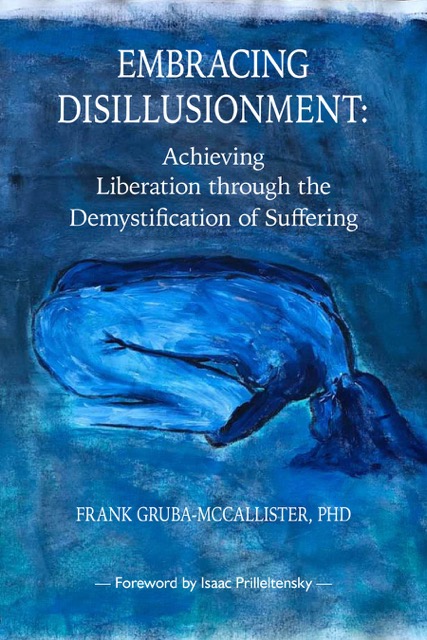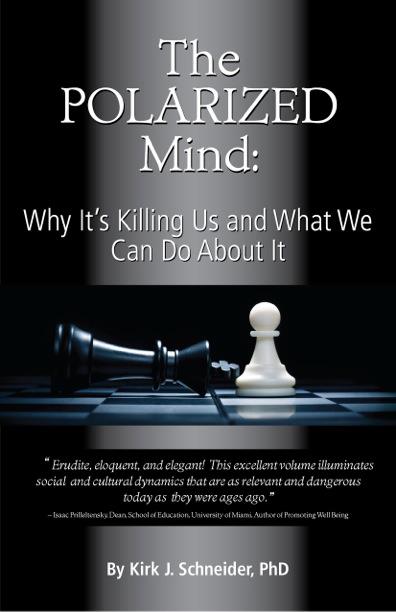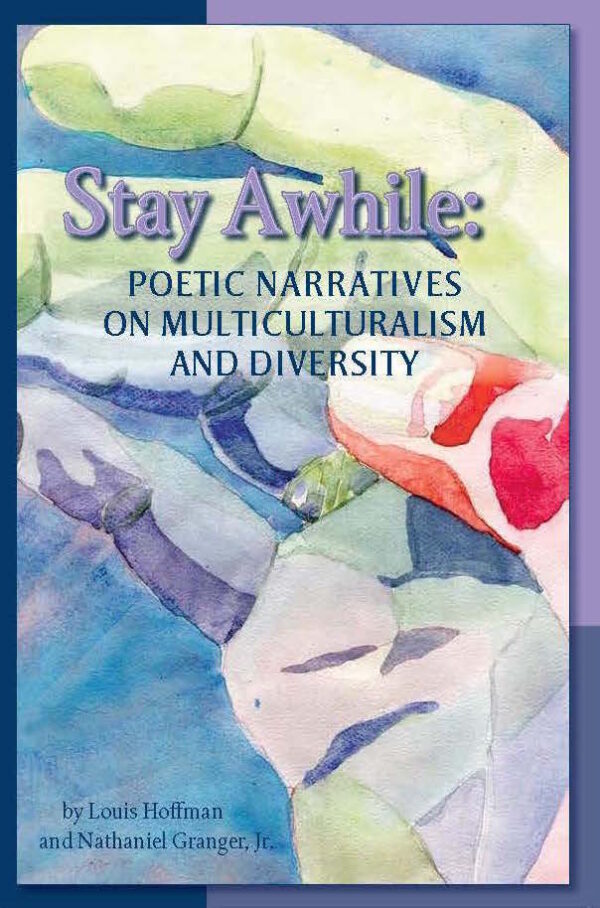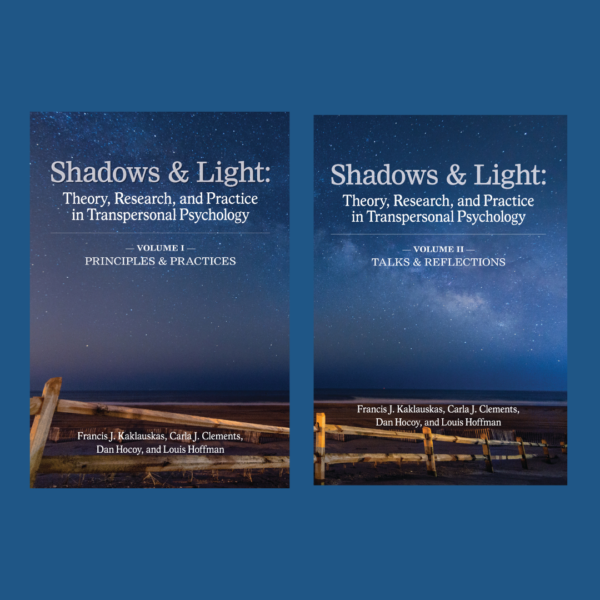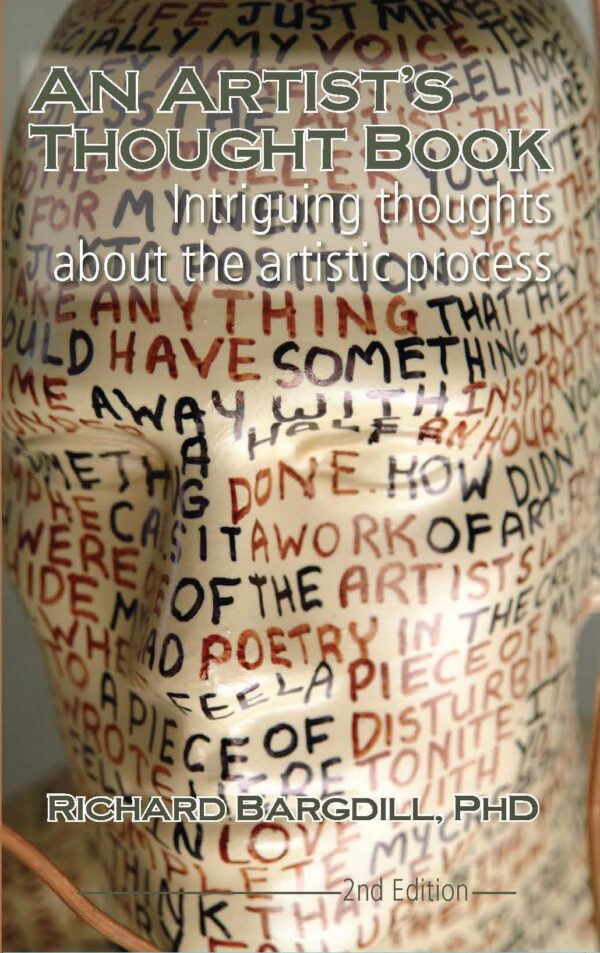Reviews
If there were ever a book that can humanely respond to our proverbial cry in the wilderness, it is this one. Our human race is not on the brink of disaster. We are in the midst of it trying to sort out relics of decency and compassion in an ever-growing entitled, apathetic and oblivious American culture that wants to ignore and purchase around and beyond the suffering of others we induce. Gruba-McCallister’s work here is a call to arms, but to arms that once again welcome those who suffer, and with a renewed wisdom that such suffering is due to oppression. This book is the sine qua non example of the public scholar—the engaged practitioner and postmodern advocate who offers decades of therapeutic and educational wisdom for various interprofessional and transdisciplinary contexts. Embracing Disillusionment demystifies tranquilizing ideologies embedded in deceptive discourses about who suffers, why, and to what ends. Gruba-McCallister writes in the tradition of Foucault’s challenges to institutional hegemony, but more on the ground, accessible, and from the heart—but with nonetheless scholarly soundness and provocation. This is a “read it or else face the consequences” book in true prophetic form. It is imperative that a copy of this book be sent via express mail to the White House!
Todd DuBose, PhD,
Full Professor in the Clinical Psychology Department
at the Chicago School of Professional Psychology—Chicago Campus
This fascinating book is a rigorous examination of what it means to be human in the 21st century. The author challenges dominant assumptions that neoliberalism is the only possible way to be human. With great skill and knowledge, Gruba-McCallister shows how the ideology of neoliberalism becomes hegemonic, and how we can resist its noxious effects. The book combines science with humanity, theory with practice. The result is an essential contribution toward achieving wellness and fairness for all.
Isaac Prilleltensky, PhD, Professor, Vice Provost for Institutional Culture,
Erwin and Barbara Mautner Chair in Community Well-Being,
University of Miami
Frank Gruba-McCallister has given us a brilliant and penetrating analysis of the ways in which our human vulnerability to self-deception and ideological conditioning maintain power and wealth of the few. The book has extraordinary breadth, drawing on psychological theory, political and economic theory, religious writings about suffering, and Frank’s personal experience of disillusionment in our current crisis. I am deeply and sincerely impressed by this original, powerful explication of the interplay of practices maintaining our collective suffering and by this prophetic call for liberation from oppression.
Marge Witty, PhD, Professor, Illinois School of Professional Psychology
and Past President of the Association for the Development of the Person-Centered Approach (ADPCA)
With Embracing Disillusionment: Achieving Liberation Through the Demystification of Suffering, Dr. Gruba-McCallister has written a book that is extremely relevant in today’s social and political climate.
One only has to look at the extreme political polarization and social/financial disparity that continues to worsen throughout the world. I have seen first-hand as a former educator of students with emotional/behavioral problems, a former school administrator, a current College Trustee, attorney and elected official how too many in our country are oppressed and yet deny their status. By mentally altering their reality, they refuse to confront what is happening to them and thus, the “haves” get stronger while the “have nots” become more dehumanized.
This book is especially relevant to educators, attorneys, politicians and those in mental health fields. Dr. Gruba-McCallister pulls together ideologies of multiple theorists and explains how fear, suspension of disbelief, and creating one’s own reality causes and/or supports suffering and oppression. It provides an in-depth discussion of psychological, spiritual, and ideological theories that work in tandem in trying to explain why humans often do not confront the realities of oppression, suffering, and social injustice. It also provides a guideline for steps one can use to pursue “liberation” from suffering.
Amanda. D. Howland, MA, MS, JD, Elected Trustee,
College of Lake County
Frank Gruba-McCallister has written a magnum opus which draws together a lifetime of his wisdom and love for helping to empower people to learn from and transcend their experiences with suffering. This book is a fantastic integration of his wisdom about the nature of suffering from the viewpoints of many powerful traditions of wisdom and love, including Buddhism, critical psychology, existentialism, humanistic counseling, liberation pedagogy, social justice, and even Taoism. His approach to understanding the nature of suffering is fully embodied as he writes with great compassion, emotion, and transparency about his own struggles with the suffering of his own life. His transparency really helps one to understand the personal grounding of his lofty and impressive intellectual insights into the causes of human suffering. This book functions like a manual for achieving liberation through gaining insights into the nature of the suffering that we all face and encounter in intrapersonal, interpersonal, institutional, environmental, and societal contexts and then taking some action with ourselves and others.
This book is very unique in that it joins up deeply intrapersonal and interpersonal insights into why we suffer with powerful political and societal insights stemming from our reigning obsessions with denying the reality of suffering and the exploitation of individuals caused by a shared focus on neo-liberalism ideologies. Frank Gruba-McCallister discusses how we can gain a critical consciousness of our own lives and roles in maintaining the matrix of self-deception and mystification in which we come to view suffering so erroneously that we come to oppress ourselves and others even while believing that we are doing the right thing. Frank weaves together a powerful book that encourages you to transcend the illusions that we have about ourselves that cause us to suffer needlessly and to oppress others. If there was one book that you could read to learn how to exit the matrix of the suffering of suffering, this is it! His words encourage you to gain liberation from these personal and neo-liberal illusions and in so doing to open yourself up to new insights about what we can do together to save our societies and the planet itself from the needless suffering of neoliberal-inspired oppression. His writing masterfully inspires curiosity, wonder, and awe to take up our part in transforming our cultures and our planet into a place where we can turn to our suffering as a guide rather than as an enemy while simultaneously combatting oppression to create compassion and justice for all.
Ian E. Wickramasekera II, PsyD, Assistant Professor,
Core Faculty, Naropa University
In his well-written book, Dr. Gruba-McCallister calls on those of us who struggle for social justice to critically examine how our world enables an oppression that somehow seems invisible. An illusion has been created, that the poor will always be with us — and those who end up impoverished in the land of opportunity have only themselves to blame. The market is there to respond to our needs, and if the so-called market can’t offer the fix—did people really have needs in the first place? Through this book we are reminded that the illusion that oppression is not real harms both the oppressed and the oppressor. People who experience oppression and those who render it become disillusioned by the suffering that is created. We isolate ourselves, blame each other, and seek to buy the perfect strategy that will enable each individual their success. Our mutual self-deception, however, may also be leading to our mutual self- destruction.
We must suffer as part of the human condition, Dr. Gruba-McCallister reminds us, but suffering can enrich our humanity, enabling sympathy for ourselves and for others who fail to rise to the standard of success dictated by a neoliberal standard of consumption. This book compellingly makes the case that the powerful have always tried to blame the poor for their poverty. As social and economic disparities create even greater chasms between rich and poor, we must become better at demystifying and critically examining the moral and ethical choices of how we gather ourselves as a society.
We can challenge this deception, however. Dr. Gruba-McCallister offers a path for us to engage with each other, to challenge the hegemonic frame of individualism that neoliberalism has imposed on us. We must stop denying that suffering does not exist. We must acknowledge that we have developed a system that oppresses people for not being powerful. We can recognize that through our understanding of each other’s pain, our very humanity is strengthened. We are all co-strugglers sharing a common pursuit of social justice, and we will suffer as humans in our common struggle. As pointed out in this book, our empathy for one another in doing so can help us achieve a common liberation that promotes our common humanity.
Nancy Bothne, PhD, Associate Professor, Clinical Psychology Doctoral Program,
Chicago School of Professional Psychology
